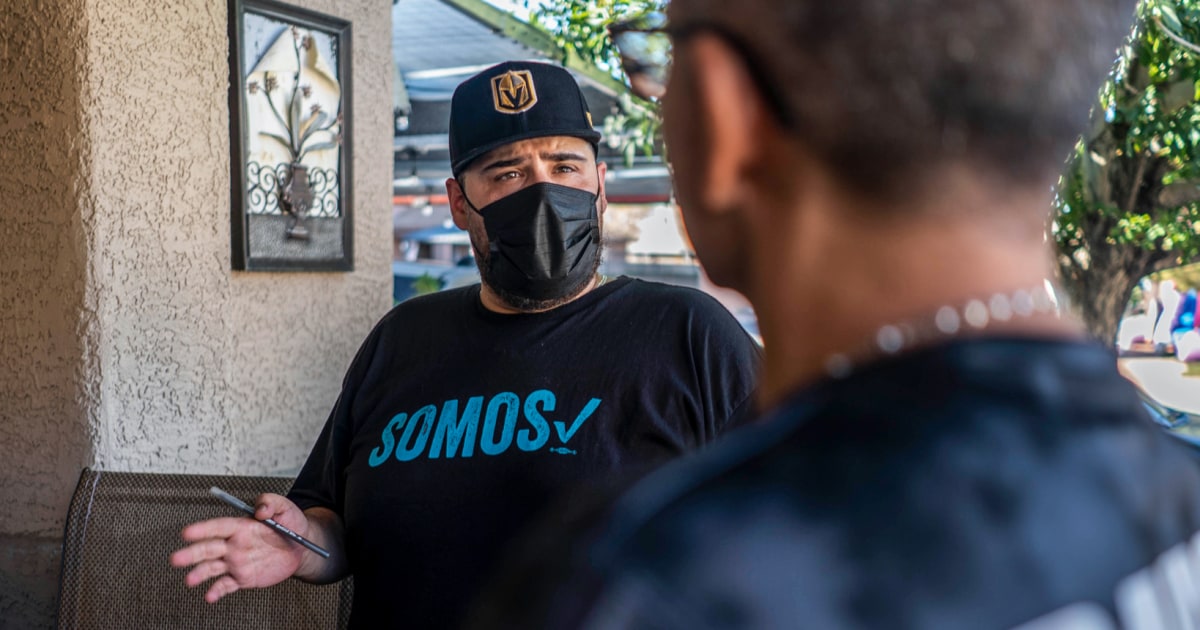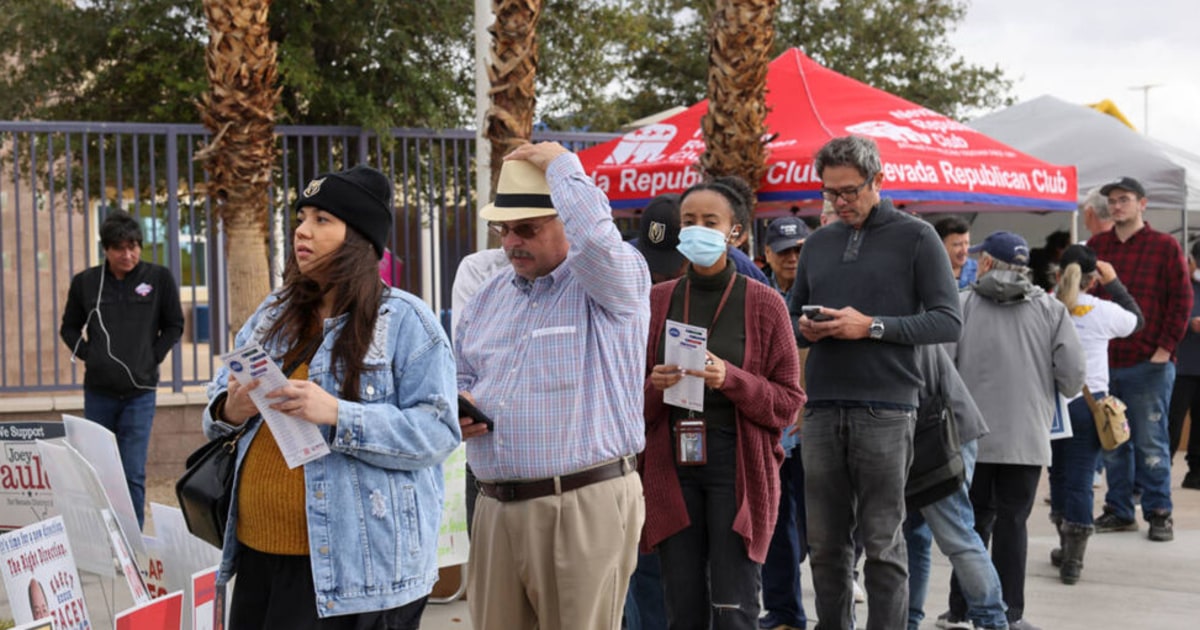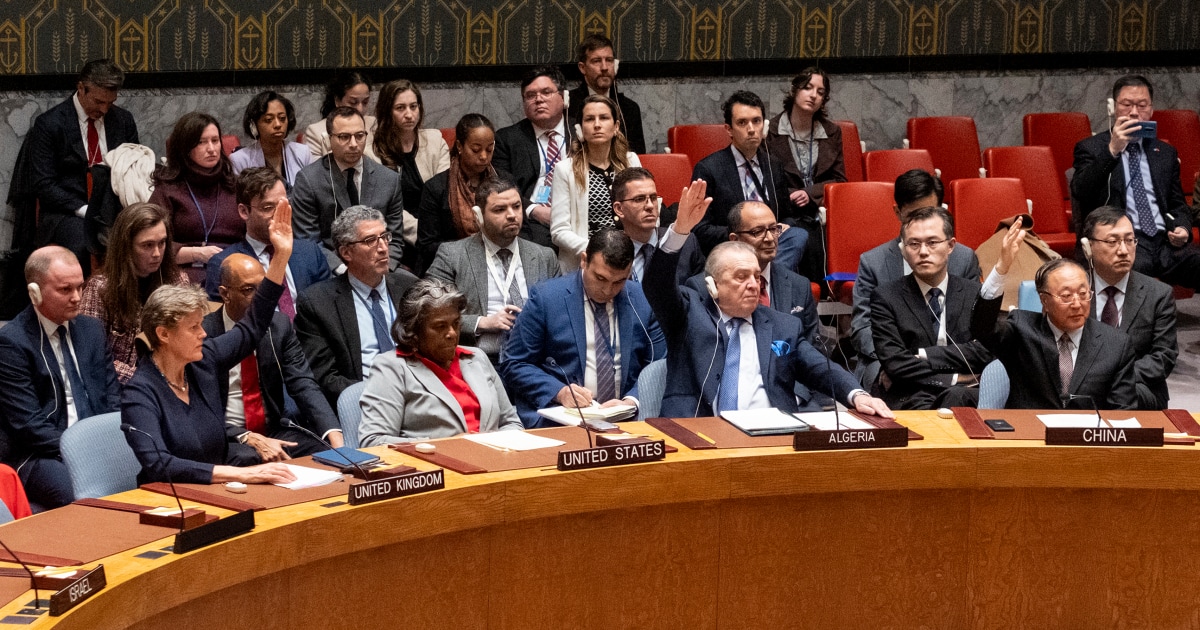The journalist Jorge Ramos, in a file image. Univision
Jorge Ramos (Mexico City, 1958) defines Florida as the home of all exiles from Latin America.
37 years ago the journalist left Mexico fleeing government censorship of the press and took refuge in Miami.
"It's where the homeless and looking for a new home come to," he says.
He found a Latin American hotbed that has not stopped growing since then and now accounts for 20% of the population of the peninsula: Latinos.
A multicultural group that he understands perfectly and that political parties have taken decades to decipher.
Still in the 2020 presidential campaign, neither Joe Biden nor Donald Trump has fully managed to connect with this demographic, even though opinion leaders like Ramos have spent years explaining it.
Emblem of the Univisión television network, the journalist assures that, like Latinos in the United States, the journalistic industry is constantly changing.
“I tell the students 'look at me because I'm a dinosaur,'” he jokes.
Ramos stood up to Donald Trump in 2015, at a press conference, and questioned the then Republican candidate about his claims that Mexicans who came to the United States were "criminals" and "rapists."
The episode resulted in his expulsion from the event and veto from the White House for the next four years.
The Mexican journalist is convinced that the winner of next Tuesday's elections will need the support of the Hispanic community to proclaim a resounding victory.
Question.
The United States is in a very polarized moment, what is your vision regarding this November 3?
Answer.
I think Election Day is going to be a terrible shock in America.
Since I arrived in 1983, I have never seen the country so divided as it is now.
Beyond thinking that it is a clash between Donald Trump and Joe Biden, what he is facing are two totally different visions of this country.
We cannot forget that it is not Donald Trump alone, but that there were more than 62 million people who voted for him.
Of those, more than three and a half million are Latino, and that for many is a mystery.
How is it possible that someone who has made racist and sexist comments, who refuses to condemn white supremacist groups, get the vote of a Latino?
First, Latinos are not monolithic, and second, for many Latinos there are other issues more important than racism and sexism.
For example, there are the economy or the issue of Cuba and Venezuela.
Q.
Do you think that at this moment neither of the two options are taking the Latino vote seriously?
A.
I call it the Christopher Columbus syndrome.
Every four years the Republican Party and the Democratic Party rediscover us, try to make us fall in love, and then forget about us for the next three years.
The problem for Latinos is the following: on the one hand you have a racist president and on the other hand you have a party that has made many promises that it has not kept.
Why vote for the Democratic Party when it did not comply with the immigration reform it had promised us and when Barack Obama deported more than three million people during his administration?
Why believe them now?
That is the dilemma.
Democrats almost always have about two-thirds of the Latino vote and Republicans about a third.
The interesting thing is that when the Republican candidate approaches that third party, he wins the presidency.
It happened with Ronald Reagan, George Bush Sr., George W. Bush, and with Donald Trump.
This is why the Latino vote is so important.
In these elections there are 32 million Latino voters.
The great tragedy is that almost half will not go to the polls, but even the few who do go can define the election in states like Florida and Arizona, and if Biden wins Florida and Arizona, he wins the presidency.
Q.
The data shows how the Latino population has changed in recent years.
Some do not speak Spanish, or being Latino they are not necessarily Democrats.
What is the direction that the growth of the Latino population is taking?
A.
There are many changes.
When I arrived in the early 1980s, there were 15 million Latinos and now we are more than 60 million.
The best way to understand it is to think of Latinos as if they were a separate country, with all its differences and all its inequalities.
When I arrived, Latinos were divided into three groups: Mexicans, Cubans, and Puerto Ricans, that was all.
Now we are many mixtures and I think that the term that best applies is Latinx, more than Latinos, more than Hispanics, more than Latin Americans in the United States and this term, Latinx, includes many groups that were previously being discriminated against or that were not included. in the term Latino or Hispanic.
I am referring to LGBT, indigenous, undocumented groups, to people who did not feel part of this great Latino family.
Surveys, however, indicate that despite this Latino diversity, the issues that Hispanics or Latinx care most about are exactly the same as Americans.
The three big themes: economy, health and education, and migration is fourth or fifth.
P.
Are you no longer interested in migration as much as a few years ago?
A.
There are more and more Latinos who have become US citizens.
Most of the growth of Latinos in the United States no longer comes from immigrants, but from Latinos born in the United States and for many the immigration issue is not their problem, they are already US citizens.
There are still 11 million Latinos who are undocumented and that is a serious problem that must be solved.
P.
Why do you think that the parties do not just connect with Latinos if it is already such a large population, and if it is already so decisive for the elections?
A.
The issue is always the lack of representation.
Our faces are not seen in the big companies, not in Hollywood, not in the great industrial parks of California, not in the United States Senate, not in Congress.
There is not a sufficient Latin representation.
We are 20% of the population, but there are only four senators, four!
We should have twenty senators, but we only have four.
There are changes, but they are very slow.
One problem is that we are not part of the decision making.
Latinos are going from big numbers to a little bit of power.
Q.
How do you explain the phenomenon of Latinos who are with Trump?
A.
In the last presidential elections, Trump obtained 28% of the Latino vote.
The first thing to say is that for those voters the issue of racism was not that important and neither was the immigration issue.
For them, there were other issues that were more important, particularly the economic one, job creation, and then the issue of socialism and that they perceive Donald Trump as a person who could bring about change in Cuba, Venezuela and Nicaragua.
It would be a mistake to think that because Trump offended Latino immigrants in 2015 by saying they were criminals and rapists, and all Latinos in the United States would react negatively to that.
We Latin Americans come from countries where there is a lot of violence, where the idea of law and order does not prevail, where there is a lot of corruption and when they see a candidate who promises the opposite, they accept it.
What's interesting has also been what the Pew Center calls "shy or hidden Trumpists."
They do not dare to tell pollsters that they are going to vote for Trump or that they voted for Trump, because it is frowned upon.
In the 2016 polls, and we don't know in the 2020 polls, there were a lot of shy or hidden Trumpists who did not tell the pollsters the truth or who faked or concealed their preferences.
Q.
What do you think of Trump's accusations in which he points to Biden and the Democrats as socialists?
R. It
must be said that all this is propaganda.
Joe Biden is not a socialist and the socialism of Bernie Sanders or Alexandria Ocasio-Cortez is much more similar to that of the democratic socialisms of the Scandinavian countries than to the socialism of Nicaragua, Cuba and Venezuela.
For someone who has been exiled from these countries, it is a very personal matter.
Hence his closeness to Trump.
There are Venezuelans who believe that only he can initiate a military intervention in Venezuela, despite the fact that it is very clear that the United States has no intention of doing so.
Q.
How do you think Trump has changed the United States in these almost four years?
R.
It has become a more racist country that discriminates against immigrants, a country where the possibility of consensus is over.
It is incredible, for example, that topics that I only had to cover in Latin America as a journalist, of leaders or dictators who refused to hand over power, suddenly now I have to cover them in the United States.
Latin America has trained us Latin American journalists to cover Donald Trump.
Now we have a Trump who has repeatedly refused to say that he is going to recognize the election results, if they are not favorable to him.
That kind of thing where the institutional democratic order is broken I had only had to cover it in Venezuela, in Nicaragua, in Mexico until the year 2000, but not in the United States and now we are facing precisely that situation.
P.
In these years with Trump, people question the work of the press.
How has that affected your work in these four years?
R.
We are against a president who has designated journalists as enemies of the people, who makes direct attacks on the press, who endangers our work in the United States.
As journalists, it forces us to the following analysis: What is our role against Donald Trump?
Should we be objective and neutral or are we forced to take a stand?
I believe that Donald Trump has forced us journalists to take a position in cases of racism, discrimination, corruption, violation of human rights, dictatorships.
Journalists are obliged to take a position.
In the case of Trump, because of his racism and discrimination, we cannot be neutral in front of him.
It is not worth being neutral in front of him because we would not be doing our job well.
When you have such a lying president, you are obliged to constantly question and criticize him.
Q.
What task will Biden have if he wins the presidency?
A.
Biden's main challenge would be to bring the United States back together.
Biden's campaign has been a silent campaign, almost absent, based on the political principle that if your opponent is self-destructing, you should not intervene.
Trump in recent days has been self-destructing, not only because of his constant political statements, but because of the terrible handling he has done with the pandemic.
The virus may be the element that ends the presidency of Donald Trump and that is the big difference between 2016 and 2020.
P.
The pandemic is also exposing other problems ...
A.
Without the slightest doubt, Covid-19 has disproportionately affected minorities in the United States.
So it has made the poorest even poorer and the most vulnerable vulnerable.
What happens in big cities is that Latinos and African Americans are the most affected, much more than other groups, by the virus.
This can cost Donald Trump the presidency.
Before the pandemic, unemployment levels had dropped dramatically and because of this, because most Americans had a good job and salary, many people brushed aside sexism and racism, and all social confrontations.
Q.
Florida is one of the states most affected by the pandemic, could that be decisive for the voters?
A.
Florida and Arizona were two states that voted for Trump and I am of the theory that the last elections were not decided in Pennsylvania, Wisconsin and Michigan as many believe, but were decided in Florida and Arizona.
If the 29 electoral votes of Florida and the 11 electoral votes of Arizona had gone to the Democratic party, today Trump would not be president.
They were states that were defined by less than 100,000 votes each.
The terrible handling of the pandemic in states like Arizona and Florida, again it seems to me that they can define who will be the next president.
Polls suggest Arizona and Florida this time are going with Joe Biden.
It is in the State of Florida where the next president can be elected, perhaps it is in a way as similar as it happened in 2000 when, due to the intervention of the Supreme Court of Justice, the electoral votes of Florida were assigned to George W. Bush and beat Al Gore.
Subscribe here to the
newsletter
about the elections in the United States















